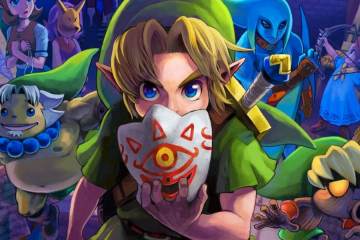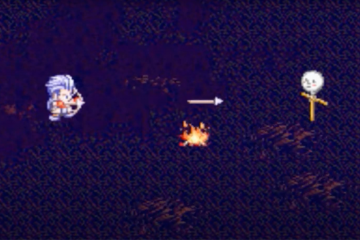“The cool thing about Melee…the game is so fast, and nobody will ever be able to play the game perfectly.”
This is a quote from one of the top 20 Super Smash Bros. Melee players in the world, SFAT. I interviewed SFAT and his fellow top-20 player, Shroomed, about their personal philosophies of competitive gaming.
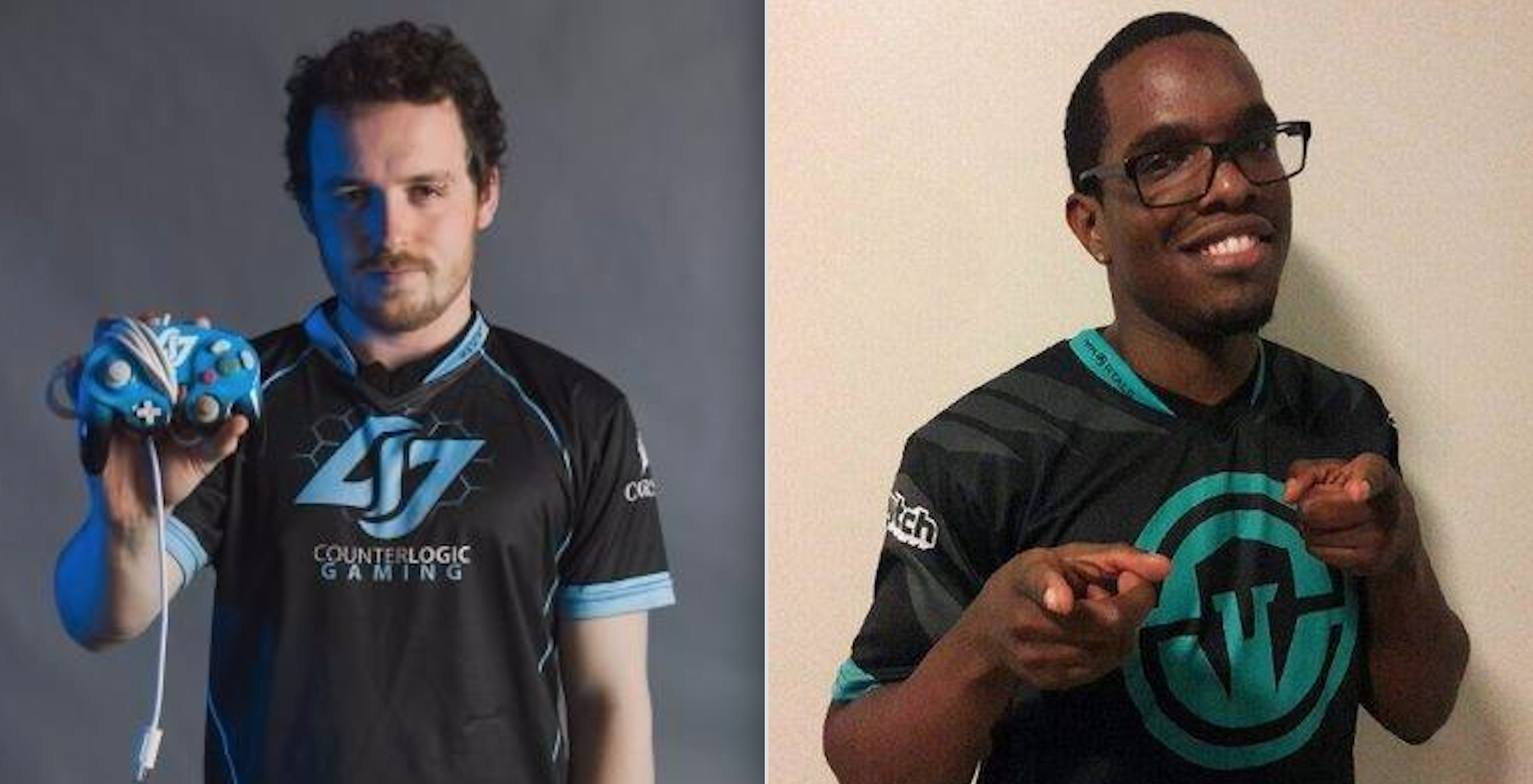
Success in Melee does not simply come from being able to push buttons faster than your opponent, something which becomes more apparent at higher levels of competition. As SFAT says, “at the top-30 or top-20 level, everyone can press all of the same buttons, but it’s about being able to do it in the moment.” In the moment, Melee players must be able to engage with their opponent, and often learn and adapt. But, in such a fast-paced game, how is it possible to be constantly adapting?
Shroomed elaborated on this point when describing an aspect of his gameplay that he is constantly trying to improve: his punish game, or the ability to exploit opponents’ errors and weaknesses. During a match, Shroomed says, “I’m thinking through my punish game, but when I’m thinking about how to punish someone, my timing suffers, and I’m not able to execute my punish as clean as I should.” However, the flip side is, “when I’m not thinking about my punish game…then my timing is better, but the moves I select aren’t optimal…they don’t net me the biggest punish because I’m not thinking hard enough about how to punish them.”

The Melee strategy of punishing is a prime example of players’ need to focus on the game without thereby distracting themselves.
Here Shroomed lays out the problem: because of Melee’s speed, players need to strike a balance between what they can and can’t afford to think about. If players think too much, then they can be slowed down both physically and mentally by spending too much time on small details, which can be detrimental. However, if you’re not consciously thinking, then how do you keep up and adapt to your opponent? How do you prevent yourself from going into autopilot?
The Balance between Overthinking and Autopilot
To answer these questions, we first need to understand what consciousness is. The simplest definition of consciousness is a state of awareness of both what’s around you and what you are thinking about. Your subconscious, in contrast, involves processes that you are not aware of; in neuroscience, a common example of a subconscious process is the regulation of body temperature by the hypothalamus.

The hypothalamus, highlighted, regulates body temperature on a subconscious level.
With these definitions in mind, we can use the concepts of mindfulness and empathy in to understand how Melee players like SFAT and Shroomed can strike this seemingly impossible balance of being aware, without getting distracted by that awareness.
Melee players need to find methods of being mindful: fully engaging the game without being distracted by the stress of competition. Furthermore, players not only need to be in the right state of mind: they also need to be able to engage and adapt to their opponent. To do this requires empathy: the ability to understand the thoughts and feelings of others.
When players begin competing in a tournament setting, they face a variety of distinct pressures:
- the pressure they put on themselves to win
- the pressure from a crowd that often has their own motives
- the expectations of friends, or even their own teammates
The player’s challenge is to maintain composure in the face of these pressures. As SFAT stated, it’s all about “how long [players] can endure the pressure and not crack.”
In this battle between nerves and composure, it can be easy to become distracted and disengaged from the game. Part of the mental battle of Melee comes from the preparation to put yourself in the right mindset: a mindset that allows you to remain engaged without handicapping yourself by overthinking everything.
SFAT has a specific pregame routine to reinforce a positive mindset. He first meditates for ten minutes to calm his mind and locate himself in the present; during this meditation, he visualizes his best gameplay in order to try to harness these positive ideas in his upcoming game. The overall goal of his meditation is to both invigorate himself and to effect a calm and confident demeanor.

SFAT uses meditation to hone his powers of positive concentration.
Similarly, Shroomed mentioned that, before a match, he wants to relax and center himself so that he can avoid going into autopilot: “just pressing buttons and going as fast as you can.” These players are trying to reach a neutral state of mind so that, during their match, they are focused enough to engage in the game but not too overly aware as to get nervous—nervousness could cause them to just mindlessly press buttons, perhaps even falling into bad habits. They are trying to reach some mindful state that keeps them aware of the game without making them too focused on that awareness.
To complement this mental preparation, SFAT mentioned that the second part of his routine involves looking at his notes, both on the characters he will face and on the player he will face. This minimizes the variables that he needs to consciously adapt to over the course of the match. Shroomed endorses this kind of preparation, too: “When I’m about to go into a set,” he says, “it’s all about what I already know, and what I’m already capable of…I’m just trying to play as solid as I can based on all of the tactics I already have under my belt.” This other form of preparation allows these players to take stock of and be confident in their knowledge—that way, during the match, they can focus on the task at hand. As SFAT stated, this preparation allows him to “play reactive and be in the present as much as possible.”
What’s the Best Mindset to Main?
Let’s return to the question of how players are able to strike this balance of being both aware and not aware at the same time. If it’s true that thinking too much during a match can lead to negative outcomes, how are players able to actively make decisions? Both Shroomed and SFAT noted that Melee is a game of adaptation, over the courses of single games and an overall match. So, how do players keep up?
Mindfulness, one result of these players’ preparation, primes their brains to think and react in the present moment. The players are now fully aware and calm, and they also have certain information readily available in their heads.
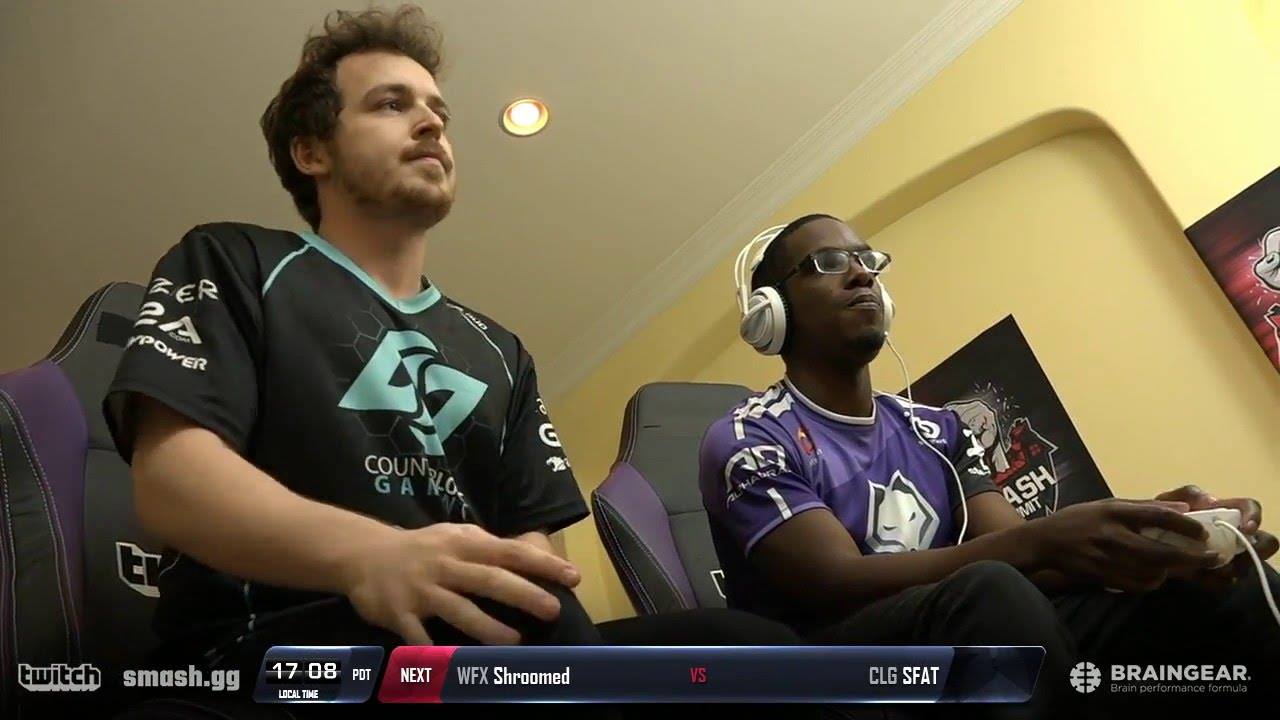
However, priming alone isn’t enough: you need the right kind of mindset throughout the match. You might think that elite players are constantly thinking about the next five moves they’ll make, but that’s far from the truth—success actually comes from not focusing on your individual moves. SFAT noted that, while he is playing a match, the only thing he is consciously thinking about is his breathing (to make sure he stays calm). Melee is so fast that it is difficult to consciously think about the moves that you are making; the idea is to be confident, based on your training, that you simply will make the right moves, rather than consciously deliberating on every move you make.
This does not mean, though, that, once you’ve prepared, you do not need to actively engage in the match. As SFAT remarks, “You can’t passively play Melee and expect to be good. You need to engage yourself with the game and with your opponent in order to improve.” In other words, playing mindfully doesn’t mean simply zoning out and going into autopilot: you need to be able to play with intention during a match.
In order to play with intention, you need to be constantly interacting with your opponent. SFAT compared Smash to many consecutive games of rock-paper-scissors: you need to pay attention to your opponent’s habits and patterns in order to know how to act next. Players need to be able to recognize patterns and act upon them, but these patterns are observed subconsciously.
Recall the importance of mindfulness: in order to succeed, players need to be able to, in SFAT’s words, “absorb all of the information.” Their brains need to be “constantly predicting without consciously predicting.” In other words, players need a way to subconsciously notice and act upon their observations during a match. This way of playing becomes possible by developing a capacity for empathy, the ability to understand the thoughts and feelings of others.
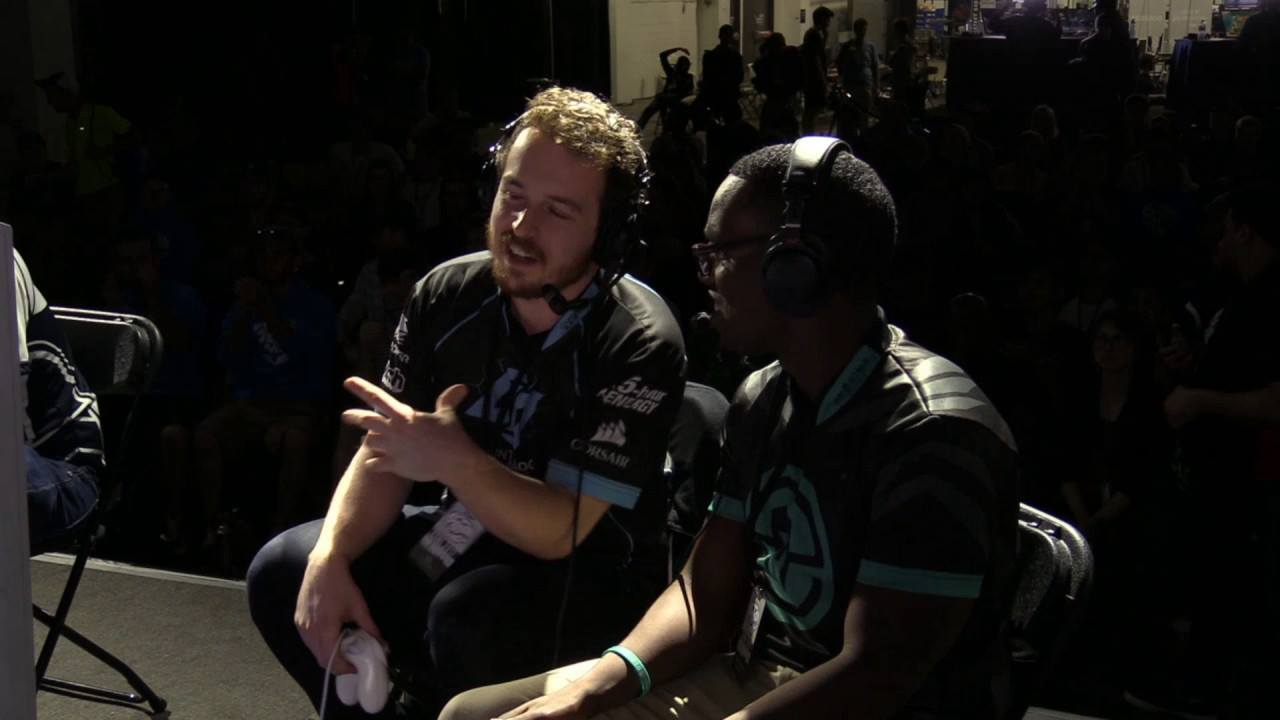
Empathetic players are better able to get into the minds of their opponents. This makes it possible to subconsciously gain an understanding of an opponent’s patterns and playstyle over the course of a match. The player can then use this subconscious information to make accurate predictions and thus keep up with their opponent and even get a few steps ahead of them.
According to Shroomed, this idea of empathy is crucial to success in a competitive setting. Shroomed tries to not get overly excited or upset during a match: “I feel the game…I don’t know the data of the game, I just feel when I play…I try not to let any one emotion overtake me because then I’ll start to spiral downhill.” Shroomed uses his empathetic capacity to experience a variety of emotions throughout the course of the match, without allowing any single one to dominate his mindset. For example, he might get excited while punishing his opponent, or frustrated when he loses a stock.
The bottom line is that he takes in his surroundings and what his opponent is doing, and reacts accordingly. Empathy allows him to understand his opponent and the current situation of the match, and subconsciously adjust his playstyle accordingly. If Shroomed instead had to take time to consciously think about getting excited once his opponent was nearing defeat, he could fall behind and lose his advantageous situation.
Melee as a Practical Philosophy
Empathy and mindfulness, working in tandem, empower Melee players to keep up in fast-paced matches by actively engaging without being fully aware of it. And this strategy is useful for more than just Melee. Speedrunners, for instance, find themselves in similar situations: they need to make quick decisions in order to continue their speedrun, but thinking too much can be distracting and lead to bad outcomes. Shroomed and SFAT illuminate a strategy that we can all employ both in and outside the world of Melee: paradoxically, we can sometimes perform better by focusing less on making decisions and focusing more on simply experiencing the present moment.
This article was based on video interviews with SFAT and Shroomed. You can find the full video interview with SFAT here, and the full video interview with Shroomed here.


